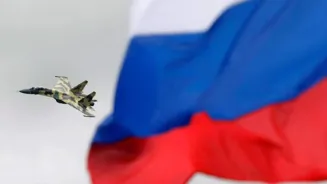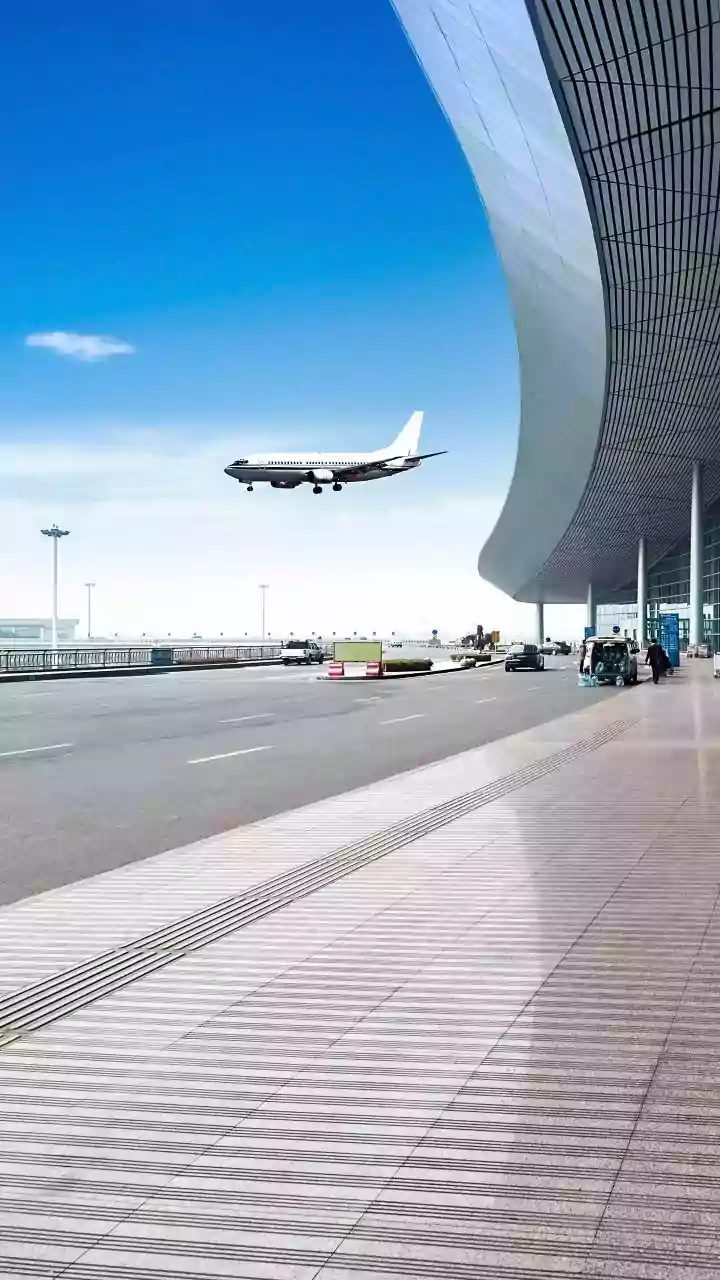European diplomats have delivered a stern warning to Moscow, signalling that NATO is prepared to respond with "full force" if Russian aircraft or drones
continue to violate alliance airspace, according to officials familiar with the exchange. The warning came during a tense meeting in Moscow this week between Russian officials and envoys from the UK, France, and Germany, Bloomberg reported. The diplomats raised concerns over an incursion last week by three Russian MiG-31 fighter jets over Estonia. Officials who spoke on condition of anonymity said the meeting concluded that the violation appeared to be a deliberate tactic ordered by Russian commanders. Russian authorities, however, denied that their jets entered Estonian airspace. Kremlin spokesman Dmitry Peskov said Russian military flights are conducted according to international rules, while the Russian government described a separate drone incident in Poland as an "error." NATO's eastern members have faced a series of violations in recent weeks, testing the alliance's resolve at a time when Moscow is intensifying attacks on Ukraine's civilian infrastructure and US support for Kyiv is under scrutiny. Russian drones have reportedly been spotted in Romania, Poland, and possibly Denmark, while fighter jets were recorded over Estonia. Also Read: 'Shoot Down Russian Jets’ - In Trump's Advice to NATO, Potshots at Putin? During the Moscow talks, a Russian diplomat told the European envoys that the incursions were a response to Ukrainian attacks on Crimea. Officials said the Kremlin suggested that NATO support for Ukraine makes Europe part of the confrontation. Observers noted that Russian representatives took extensive notes, leading the European team to speculate that they were instructed to report NATO's position up the chain of command. A German government official confirmed the meeting and said ambassadors urged Moscow to stop incursions. Chancellor Friedrich Merz said he is coordinating with Paris, London, and Warsaw and supports "all measures necessary." UK and French spokespeople did not immediately comment, and President Emmanuel Macron declined to specify NATO's potential response in a France 24 interview. The sudden uptick in airspace violations has prompted discussions under Article 4 of the North Atlantic Treaty, which calls for consultations over perceived threats. This mechanism has been invoked only nine times since NATO's founding in 1949, including twice this month following incidents in Poland and Estonia. Denmark is reportedly considering similar action as it investigates drone attacks that disrupted air traffic, though the Kremlin has denied involvement.
"The intention is to create division and to make us scared," Danish Justice Minister Peter Hummelgaard told reporters. "The threat from hybrid attacks is here to stay." Lithuanian President Gitanas Nauseda echoed the concerns: "Russia is testing us, testing our preparedness, testing our commitment to retaliate. I think it's very important to show the solidarity — and even more important, fast reaction."
Yet European officials remain cautious, wary of actions that could trigger a direct escalation with Moscow. NATO allies are divided on how to respond. Trump has backed robust action, including calls from Poland's Donald Tusk to shoot down Russian jets. German Defense Minister Boris Pistorius warned that firing on Russian aircraft could play into Putin's "escalation trap."
"If NATO shoots down a Russian plane under the pretext of an alleged violation of its airspace, this will be war," Russian Ambassador Alexey Meshkov told French radio RTL on Thursday. Meanwhile, Italian Prime Minister Giorgia Meloni urged restraint, while Dutch Prime Minister Dick Schoof said NATO should make clear to Russia that incursions "could happen if they enter NATO airspace."






















